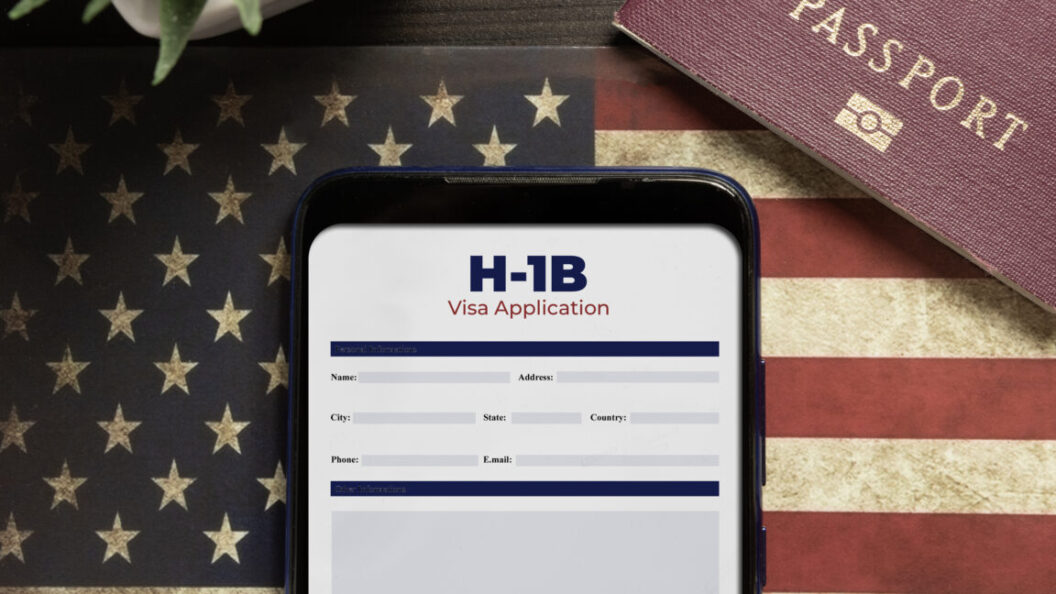Trump’s New H-1B Visa Fee Sparks Controversy in Tech Industry
In a bold move aimed at reshaping the H-1B visa application process, former President Donald Trump recently imposed a $100,000 fee for companies hiring foreign workers through this program. This initiative, as Trump claims, is designed to ensure that American companies are motivated to pay more for skilled visa holders when “highly skilled and educated American workers are unavailable.” The announcement has sent ripples throughout the tech industry, inciting both support and concern.
The New Protocol: A Weighted Lottery System
Alongside the hefty fee, Trump’s order proposes a new weighted lottery system for visa applications. Under this system, jobs that offer higher wages will have a better chance of securing visa approval compared to lower-wage positions. This measure targets the ongoing contention that the existing visa framework often favors lower-paying roles, which many argue takes away opportunities from American workers.
Tech giants like Alphabet’s Sundar Pichai and Microsoft’s Satya Nadella, who themselves were once H-1B visa holders, are among those who may feel personally affected by these changes. Their experiences highlight how significant the H-1B program has been for tech innovation in the U.S.
Mixed Reactions from Tech Companies
Reactions to this policy shift have been varied among tech companies. Most remain tight-lipped, cautious about how the new rules might impact their operations. However, Netflix founder Reed Hastings has publicly supported the change, signaling a divide within the industry. Others, however, have issued warnings to employees regarding travel due to uncertainty surrounding the new process, indicating a level of anxiety about the implications for current H-1B workers.
Notably, under the previous structure, companies were expected to pay fees ranging from $1,700 to $4,500, depending on whether expedited processing was requested. The drastic increase to $100,000 raises concerns among smaller tech firms, who argue that this policy disproportionately favors larger companies with more substantial financial resources.
Concerns About Startups and Innovation
Critics have labeled Trump’s policy as short-sighted, particularly in its potential impact on startups. Many small tech companies express panic over the increased fees, fearing it may stifle innovation in Silicon Valley, an ecosystem that thrives on a continuous influx of new ideas and technologies. As per critics highlighted in The New York Times, the robust pipeline of startups is essential for maintaining U.S. leadership in technology.
There are warnings that the increased costs may deter new companies from entering the U.S. market entirely. If startups can’t afford to navigate the new financial landscape of the H-1B program, the long-term implications for technological advancement could be dire.
Implications and Future Outlook
Overall, the changes threaten to reshape the landscape of the tech workforce in the U.S. while raising important questions about the balance between domestic employment and the need for skilled foreign talent. While Trump emphasizes that the collected fees could be redirected to tax reduction and debt alleviation, the immediate backlash from smaller firms and innovation advocates reveals a complex, often contentious discussion around immigration and labor policies in the tech sector.
As the new rules are enacted, observers will be watching closely to assess their impact on the tech industry’s growth and diversity. Only time will tell how these changes will influence the overall dynamics of skilled labor in America, but one thing remains clear: the debate surrounding immigration policy and its intersections with the tech sector is far from over.









